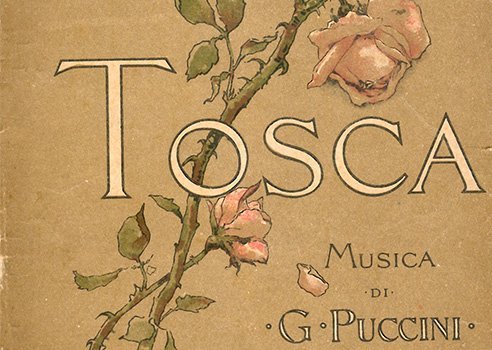Reading time: Just over 1 minute
Increase your vocabulary and you’ll make your writing much more precise. That’s why I provide a word of the week. Today’s word: minatory.
I go to a lot of opera these days. Not because I’m highly cultured (and, in any case, before the 20th century, opera was the music of the masses.) I go because my son is studying to become an opera singer. He’s a bass-baritone and has a big, powerful voice.
I find the stories of most operas kind of hopelessly ridiculous. They’re a bit like The Days of Our Lives crossed with Star Trek. And while most foreign-language operas now come with surtitles (the words are translated into English and projected on a screen above the stage) I usually try to read up on the plot beforehand. My favourite source? Opera: The Rough Guide by Matthew Boyden. I picked it up in a second-hand bookstore in Portland about eight months ago.
My husband and I recently went to see a Vancouver Opera production of Tosca, and before we went, I flipped through the Rough Guide and found this sentence:
This act is given over to the morbid, quasi-ritualistic duel between heroine and anti-hero, in which Puccini sustains a tension between Scarpia’s long, minatory phrases and Tosca’s rapid, apprehensive interjections.
I had never before encountered the word minatory, so I reached for a dictionary. Turns out it means “expressing or conveying a threat.” The word dates back to the 1530s and comes from the Middle French minatoire, which in turn comes from Late Latin minatorius, meaning “to threaten” (The word menace has a similar root.)
Incidentally, there’s no relation to the word minotaur, (a creature with the head of a bull on the body of a man). That word dates back to the late 14th century, from the Greek minos, king of Crete and tauros, meaning “bull.”


